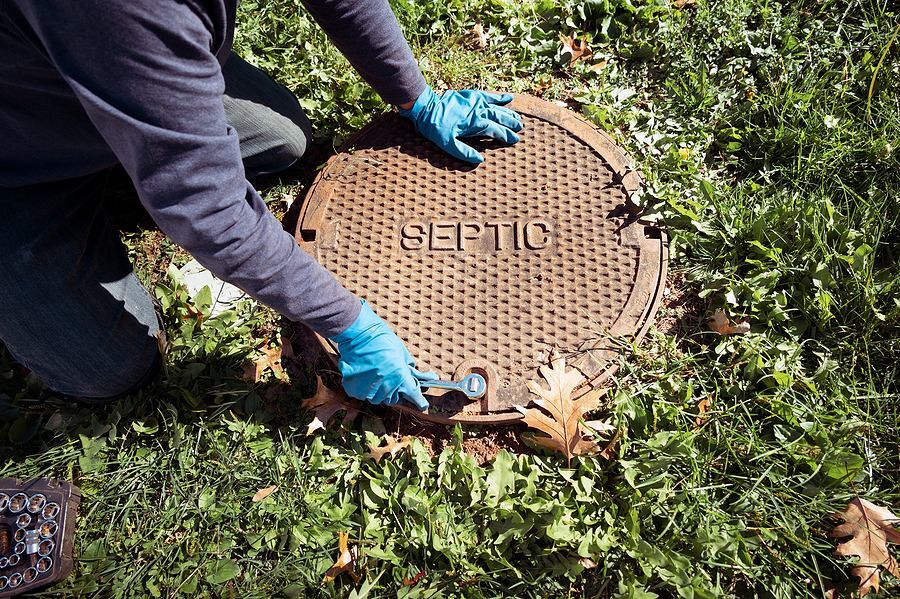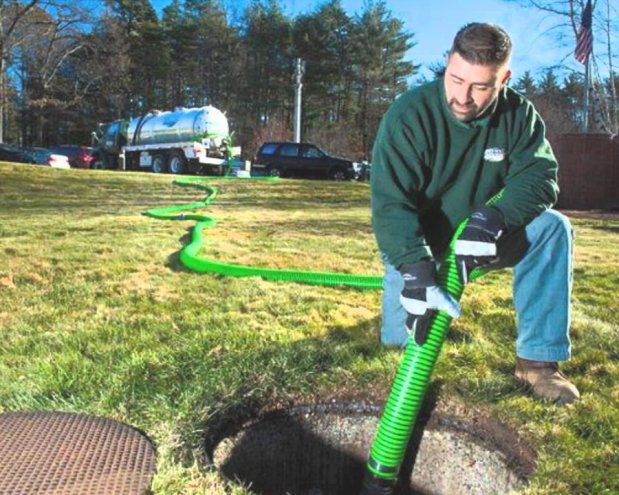
25
Septic tanks play a crucial role in managing household wastewater in areas without access to municipal sewer systems. However, misconceptions and myths surrounding these systems abound, leading to confusion among homeowners about their proper care and maintenance. Let's debunk some of the most common septic tank myths to ensure a clear understanding of these vital components of residential sanitation.
One prevalent misconception is that septic tanks have an indefinite lifespan and require no maintenance or replacement. In reality, septic tanks are durable but not indestructible. Over time, the tank may deteriorate due to age, corrosion, or environmental factors, necessitating repairs or replacement. Routine septic tank pumping, inspection, and maintenance by a professional septic company are essential to prolong the lifespan of the system and prevent costly septic tank repairs or premature failure.
Some homeowners believe that septic tank additives, such as chemicals or enzymes, can break down waste and eliminate the need for regular pumping. However, these additives often do more harm than good. While they may temporarily enhance bacterial activity, they can also disrupt the natural balance of microorganisms in the tank, leading to system malfunctions or failures. Proper septic tank pumping and cleaning every 3-5 years, as recommended by professionals, are crucial for maintaining system efficiency and preventing backups.
Waiting until a septic tank problem arises before scheduling pumping is a common misconception. In reality, proactive maintenance is key to preventing issues and ensuring the longevity of the system. Regular septic tank pumping removes accumulated solids and prevents them from clogging the drain field or causing backups into the home. By adhering to a routine pumping schedule, homeowners can avoid costly repairs and eliminate the need for septic tank installation.
In the event of a failing septic system, some homeowners turn to septic tank additives as a last-ditch effort to restore functionality. However, additives cannot fix underlying structural or mechanical issues within the system. Attempting to remedy a failing septic system with additives may delay necessary septic tank repair, leading to further damage and environmental contamination. It's essential to consult with a professional at Charlotte Septic Pros to assess the extent of the problem and implement appropriate solutions.
There is a misconception that septic tank cleaning involves harmful chemicals or processes that negatively impact the environment. In reality, professional septic tank cleaning involves pumping out accumulated solids and wastewater from the tank and transporting them to a designated treatment facility. The solids are properly treated and disposed of in an environmentally responsible manner, minimizing the risk of pollution and protecting groundwater quality. Routine septic tank cleaning is an essential aspect of maintenance that ensures the proper functioning of the system while safeguarding environmental health.
By debunking these common septic tank myths, homeowners can gain a clearer understanding of how these systems function and the importance of proper care and maintenance. Regular septic tank pumping, cleaning, and maintenance by Charlotte Septic Pros are essential for preserving system functionality, preventing backups, and protecting environmental health. By dispelling misconceptions and adopting responsible maintenance practices, homeowners can ensure the long-term performance and reliability of their septic systems.

12
A single slow drain in your home can feel like a minor inconvenience. Maybe the sink takes a little longer…
Read more
05
Are Slow Drains a Septic Issue or Just a Clog? Slow drains are one of those household problems that start…
Read more
02
What Septic Service Techs See That Homeowners Miss Most homeowners only think about their septic system when something goes wrong.…
Read more
21
Simple Habits That Protect Your Septic System A well-functioning septic system does its job quietly, but the moment something goes…
Read more
14
Pump Now or Pay Later: The Real Cost of Skipping Maintenance A properly functioning septic system is easy to forget…
Read more
11
Why Your Septic System Always Acts Up at the Worst Time Homeowners often feel that septic problems strike at the…
Read more
04
Early Warning Signs Your Septic Tank Needs Pumping For homeowners who rely on a septic system, routine maintenance is not…
Read more
29
Why Does My Septic System Smell Fine One Day and Terrible the Next? If you own a home with a…
Read more
19
Is Your Septic System Overdue? Simple Home Checks You Can Do Today For many homeowners, the septic system is a…
Read more
13
5 Signs Your Septic Tank Is Overdue for Pumping Your septic system works quietly behind the scenes, managing wastewater from…
Read more